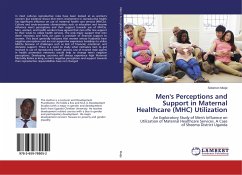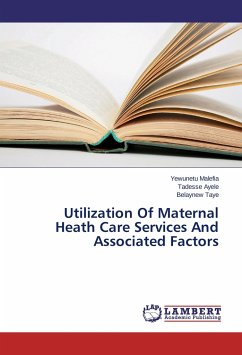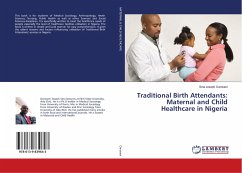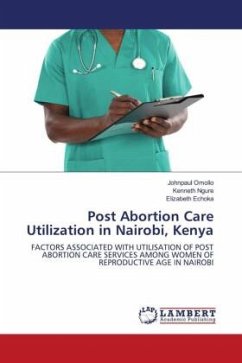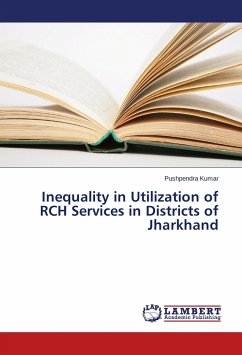In most cultures reproductive roles have been looked at as women's concern but evidence shows that men's involvement in reproductive health has significant influence on use of maternal health care services (MHCSs). Culture and socio-economic characteristics such as education and income influence men's perceptions and their support towards use of MHCSs. Men, women, and health workers have agreed that men offer less support to their wives to utilize health services. The only major support that men deem necessary and fairly act upon is provision of financial support to women. This book generally indicates that women whose husbands have negative perceptions and are not supportive experience hardships to utilize MHCSs because of challenges such as lack of financial, emotional, and domestic support. There is a need to study what motivates men to get involved in use of reproductive health services. Use of trained male agents in health promotion networks would help to change men's negative perceptions. Developing countries will always experience high Maternal Mortality Ratios as long as men's negative perceptions and support towards their reproductive responsibilities have not changed
Bitte wählen Sie Ihr Anliegen aus.
Rechnungen
Retourenschein anfordern
Bestellstatus
Storno

